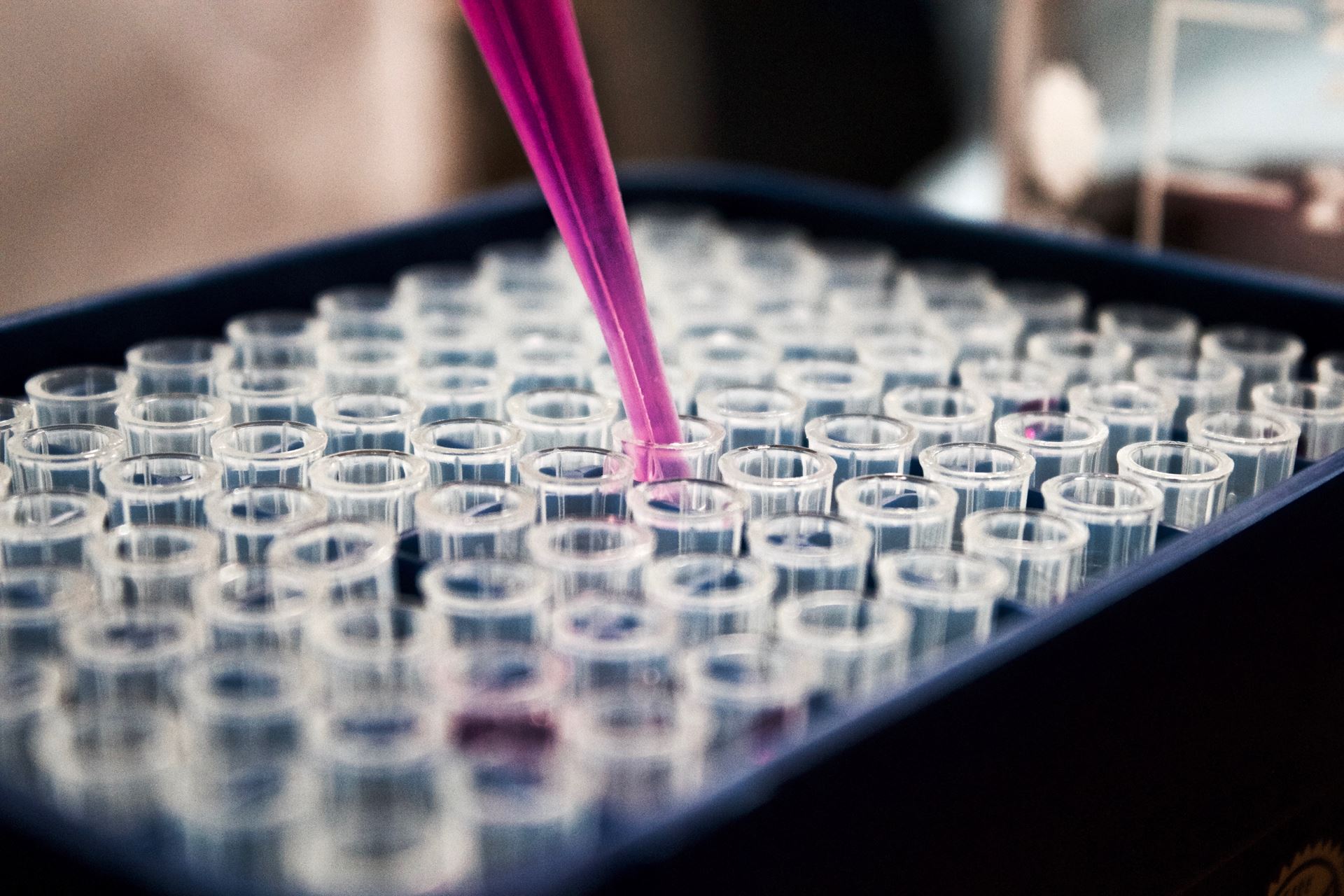The time it takes for us to get your test results varies depending on what tests are done - for example, a routine blood test may only take a day or two and then needs to be reviewed by a doctor; some scans and other tests may take a couple of weeks to be returned to us. If a doctor refers you for a test they should give you information about how long you should expect your results to take.
If your test is abnormal we will contact you - please make sure we have up to date contact details, these can be checked at reception. You can call the surgery to find out what your results are. Your blood test results can be viewed online - for more details or ask at reception for details to sign up to our online services.
